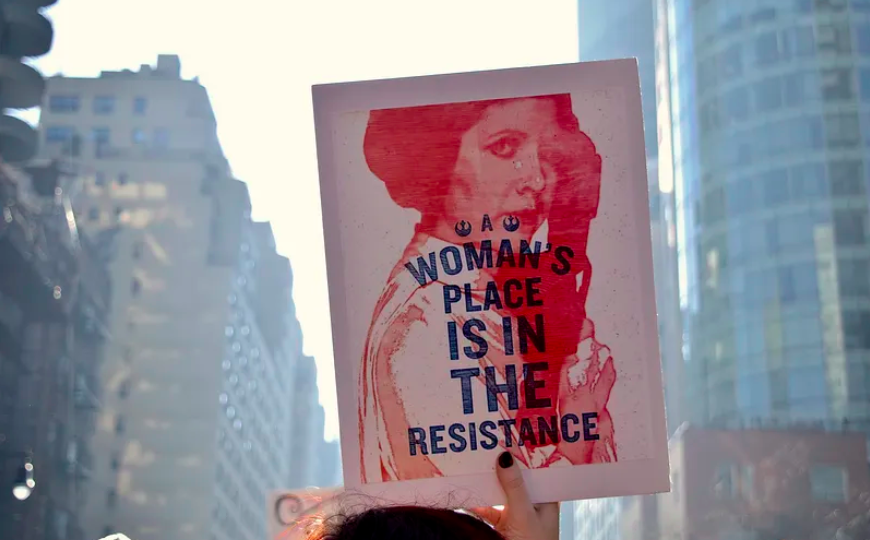Criminalizing pregnancies out of wedlock and outlawing “females posing as men” are part of the amendments to the Shariah Criminal Offences Enactment 2022 that the Terengganu state legislative assembly recently passed – and people are not happy about it.
The Human Rights Commission of Malaysia (Suhakam) are calling for a human rights impact assessment in regard to Terengganu’s latest Shariah Criminal Offences Enactment 2022.
Sisters in Islam and Justice for Sisters asserted in a joint statement that Malaysia, as a signatory to the global Convention on the Elimination of All Forms of Discrimination Against Women and the Convention on the Rights of the Child, is obligated to eliminate all forms of discrimination against women and children.
“The amendments to the Enactment further exacerbate existing harmful impacts on women, young people, LGBTQ persons, among others.
“Given the harms of the amendments and its inconsistencies with the rights guaranteed under the Federal Constitution, we urge Suhakam to undertake a human rights impact assessment of the latest version of the Terengganu Shariah Criminal Offences Enactment 2022,” the groups said.
“Females posing as males” is an addition to the Shariah offence of “males posing as females”, which has traditionally been used to prosecute transgender persons. Similarly, the offence is sodomy is used to prosecute gay persons.
Terengganu’s government passed four new sections of the Shariah Criminal Offences (Takzir) (Terengganu) Enactment 2001 on December 1, outlawing witchcraft and shamanism, “females posing as males,” females conceiving or giving birth to a child out of wedlock, and sodomy.
The women’s groups voiced concerns in the statement that criminalising out-of-wedlock pregnancies not only causes unnecessary trauma but also burdens and shames survivors of sexual assault and others.
“UNICEF’s Situation Analysis of Adolescents shows pregnant teenagers are denied access to education due to stigma and shame, resulting in them dropping out from school.
“Conversely, the study also cites a 2015 nationwide study that showed a very low knowledge on how to prevent unplanned pregnancies and lack of awareness of contraceptive methods, aside from condoms and birth control pills of young people between 18 and 29 years old,” they said.
They also stated that the study identified Terengganu as one of three states with the highest number of Shariah court applications for child marriages.
“Sisters in Islam and the Asian-Pacific Resource and Research Centre for Women’s research shows sex and pregnancy out of wedlock being one of the main contributing factors to child marriage in Malaysia,” they said.
”As such, the criminalisation of pregnancy out of wedlock also has a reciprocal effect on child marriage, and contribute to an increase of child marriage, perpetuate the cycle of poverty and illiteracy among girls.”
Data from UNICEF in 2018 showed that 1,856 children were married, of which around 90% were girls. It was reported that between 2007 and 2017, approximately 15,000 cases were recorded.
According to its findings, low household income and poverty, pregnancy out of wedlock, lack of access to education and poor school attendance, social norms that condone child marriage, and laws that provide for marriage under the age of 18 contributed to child marriage.





Reader Interactions